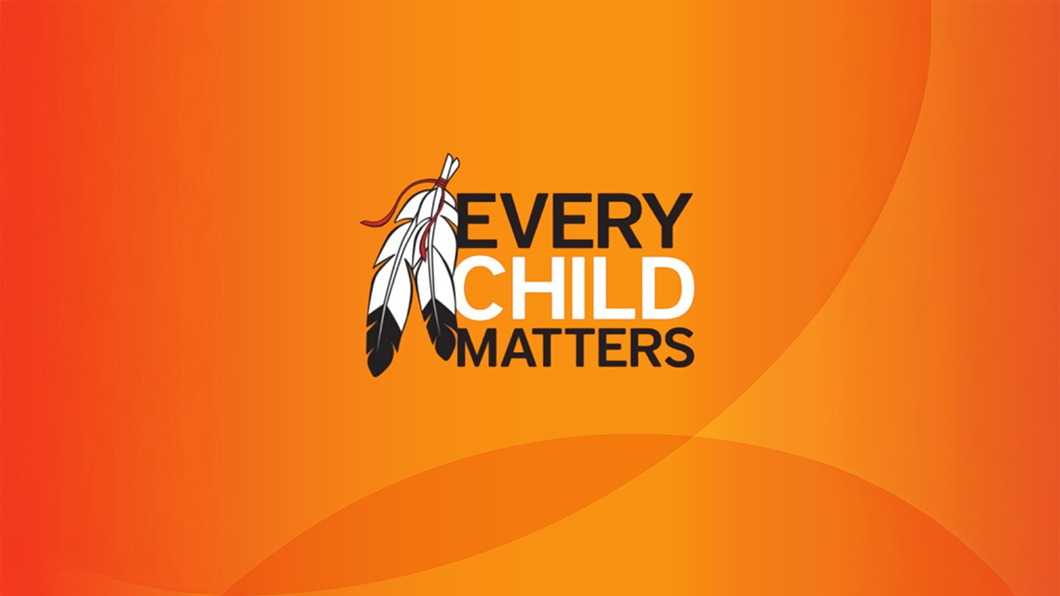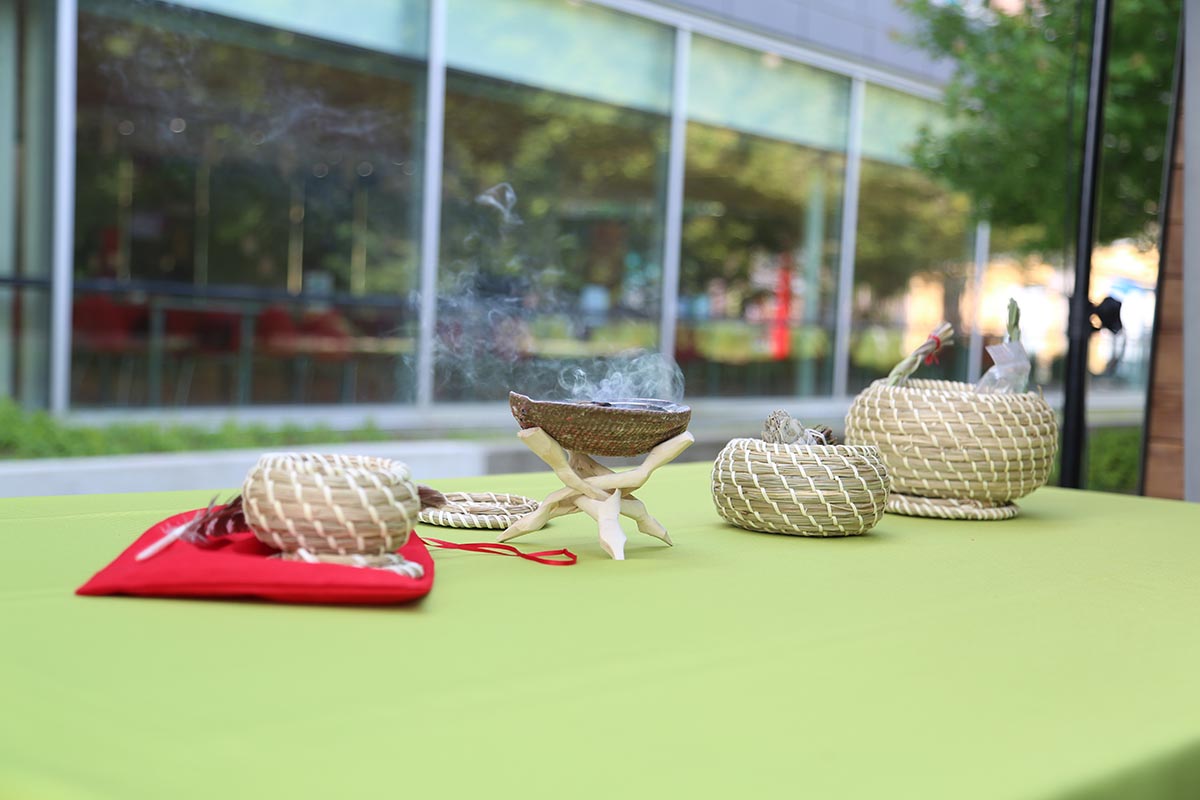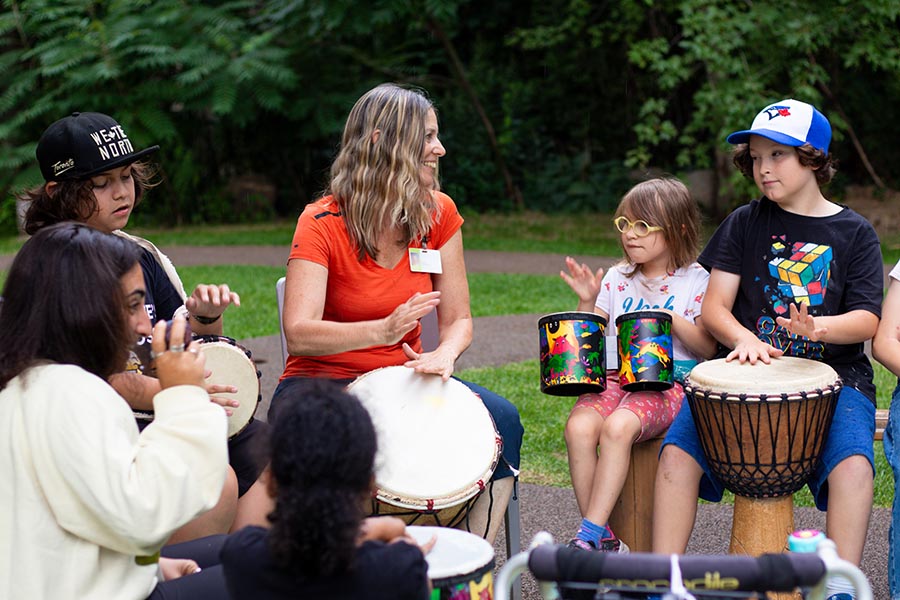
Holland Bloorview’s response to the Truth and Reconciliation Commission’s Calls to Action
Each year, September 30 marks the National Day for Truth and Reconciliation - a time to honour the children who never returned home and the survivors of residential schools, as well as their families and communities.
At Holland Bloorview, our journey toward truth and reconciliation is both personal and collective. It calls on us to reflect deeply on our role in colonization and to take meaningful steps toward decolonization in health care. Over the past several years, we’ve listened, we’ve learned, and we’ve acted.
In recognition of this day, we not only reflect on our actions in response to the Truth and Reconciliation Commission’s 94 Calls to Action, but the work we still have ahead of us.
Our commitment to action:
Upholding health-care rights
We recognize the health-care rights of First Nations, Inuit, Métis and Urban Indigenous peoples. Holland Bloorview has implemented a smudging policy and designated indoor and outdoor smudging spaces that are safe, accessible and welcoming. These spaces honour traditional healing practices and affirm our commitment to culturally and spiritually safe care for our clients and families. These spaces are more than physical -they are symbols of our shared commitment to healing, respect, inclusion, and reconciliation.

Closing health gaps through education
To help close the gaps in health outcomes, we support staff in applying cultural safety principles. Over 135 staff, including the executive leadership team, have completed the San’yas Indigenous Cultural Safety Training.
In addition, many inpatient nurses have completed the "From Awareness to Action: Indigenous Cultural Safety, Cultural Humility, and Anti-Racism" learning series. This program outlines clear guidelines for providing culturally safe and anti-racist care to support First Nations, Inuit, Métis and Urban Indigenous clients and their families.
Addressing distinct health needs
We are committed to engaging Indigenous children and their families throughout their rehabilitation journey by fostering healing environments that support storytelling and shared experiences.
Holland Bloorview’s work, Walking Towards Each Other: Stories from Pediatric Rehab, was shared at the 11th International Meeting on Indigenous Child Health. This milestone reflects our journey from colonial models to co-creating care with Indigenous families.
Valuing Indigenous healing practices
Across our programs, we integrate culturally relevant care. This includes incorporating traditional beading and drumming into therapy, spending time in nature and serving Bannock with meals. We are also building partnerships with organizations like Anishnawbe Health, NishDish and the Native Canadian Centre of Toronto to support Indigenous families visiting from outside the city during their hospital stay.

Increasing aboriginal professionals
Holland Bloorview is working to increase Indigenous representation in our workforce. We’ve renewed our commitment to inclusive hiring by using inclusive language in job postings, sharing opportunities on Indigenous-focused job boards and partnering with organizations such as the Indigenous Health Action Network (IHAN) and Ernst & Young (EY) Canada to broaden our reach.
There is still more work to do
While these actions reflect meaningful progress, it is certainly not the end of our journey - far from it and there is still more work to be done. We have a long road ahead, but together- through trusted and respectful partnerships and with humility - we will continue to strive for health equity and culturally sensitive care. Every child and family deserve to feel seen, heard, and valued for who they are and where they come from.
“Holland Bloorview is deeply committed to listening, learning and building meaningful partnerships. As a settler woman, I am humbled to be on this journey and grateful to my colleagues, our clients, and the Indigenous community for their continuous teachings and partnership,” says Joanne Maxwell, vice president, experience, transformation and social accountability (ETSA). “Today, and everyday, we honour the truths of all Indigenous peoples and are actively working to transform our systems to provide culturally safe and equitable care. This is an ongoing journey, one that requires humility, reflection and sustained action.”
Learn more about our Truth and Reconciliation initiatives on our IDEAA website
By Terry Mutuku